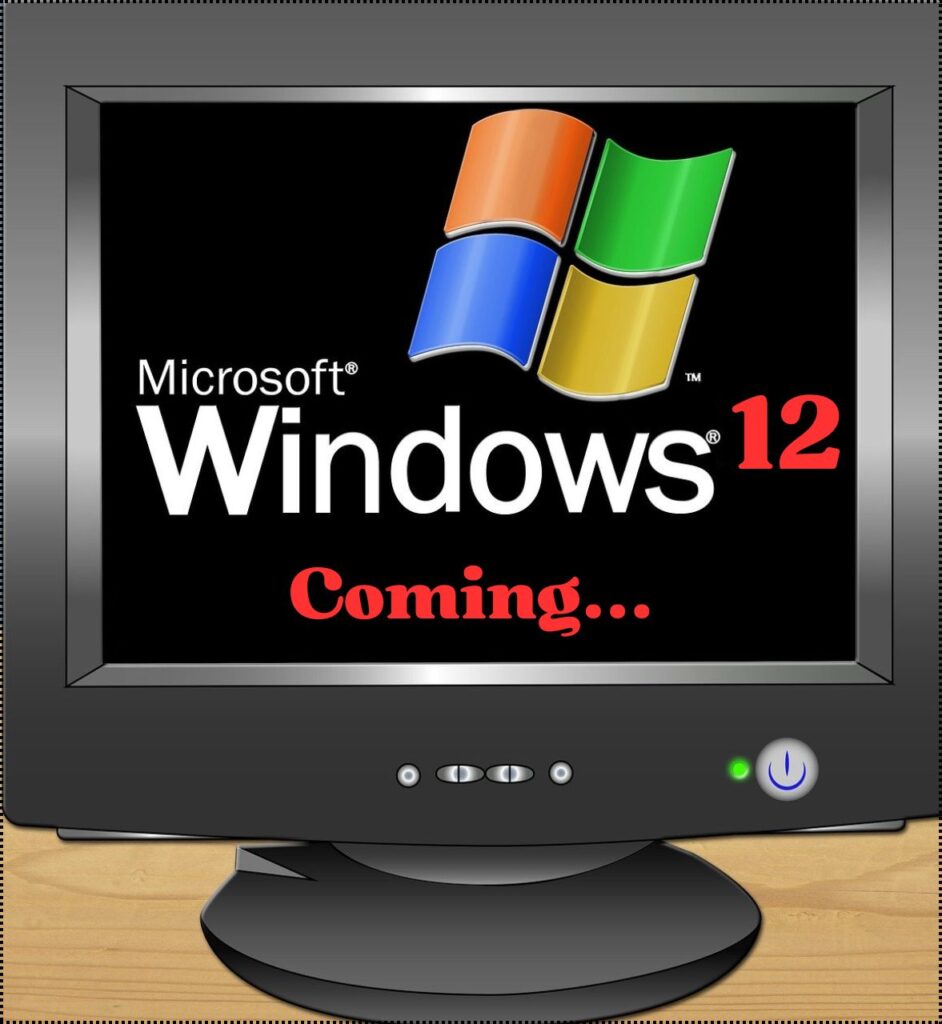
With technology advancing at a rapid pace, rumors about the next major Windows operating system are heating up. Microsoft’s last major release, Windows 11, was introduced in 2021, and many are now wondering: Is Windows 12 coming in 2025? While Microsoft hasn’t confirmed an exact release date, there’s a lot of speculation backed by credible leaks and insider tips.
Let’s explore everything we know so far about Windows 12 — from potential features to expected hardware requirements and launch timelines.
What We Know So Far
Although Microsoft hasn’t officially announced Windows 12, several trusted sources in the tech industry suggest that the company is working on a new version of the operating system, potentially targeting a 2025 release.
Tech insiders believe Microsoft is moving toward a three-year release cycle for major Windows updates, which would place the next big version right around mid-to-late 2025.
Potential Features of Windows 12
Based on available information and market trends, here are some key features that Windows 12 is expected to offer:
1. Deeper AI Integration
AI is at the heart of modern software, and Windows 12 is rumored to integrate artificial intelligence more deeply into system functions. Features like real-time language translation, smarter voice assistants, and AI-optimized settings could become the norm.
2. Revamped User Interface
Expect a more refined and customizable interface with a floating taskbar, updated widgets, and a modular design aimed at both touch and traditional users.
3. Advanced Cloud Connectivity
Windows 12 might rely more on cloud infrastructure, allowing for real-time backups, app syncing, and even cloud-based booting for users with compatible devices.
4. Enhanced Gaming Support
For gamers, improvements in DirectX, auto-HDR, and frame rate stabilization could be on the horizon — along with optimized support for newer GPUs and gaming peripherals.
Expected System Requirements
While nothing has been confirmed, experts believe the new OS may demand more robust hardware:
- 64-bit processor (1GHz or faster, 2+ cores)
- 8GB RAM minimum
- 128GB or higher SSD
- UEFI with Secure Boot
- TPM 2.0 (Trusted Platform Module)
- Neural Processing Unit (NPU) for AI tasks (optional)
If your system was barely meeting Windows 11 requirements, it may be time to start planning an upgrade.
Possible Release Timeline
Here’s a speculative timeline based on Microsoft’s development cycles:
| Phase | Estimated Time |
|---|---|
| Early Insider Previews | Mid to Late 2024 |
| Developer Builds | Q1–Q2 2025 |
| Public Announcement | Q2–Q3 2025 |
| Official Rollout Begins | Q4 2025 (Oct–Dec likely) |
These timelines could shift, but many tech analysts expect something concrete from Microsoft by mid-2025.
Windows 11 vs. Windows 12 – What Could Change?
| Feature | Windows 11 | Windows 12 (Expected) |
|---|---|---|
| Interface | Centered taskbar, new Start menu | Floating taskbar, modular UI |
| AI Capabilities | Basic Copilot | Deep OS-level integration |
| Performance | Optimized for hybrid CPUs | Enhanced AI and gaming performance |
| Updates | Cumulative, periodic | Possibly real-time or modular |
📣 Final Thoughts
While Microsoft hasn’t made any official announcements, all signs point to Windows 12 arriving in 2025. With expectations of smarter features, a revamped interface, and more powerful tools for both productivity and entertainment, it could mark a significant leap forward for the Windows ecosystem.
Whether you’re a home user, developer, or business owner, staying informed about these changes will help you prepare for what’s next in the world of computing.
Free Antivirus Software for Windows 11: Protect Your PC
AI Tools That Will Make You 10x More Productive
